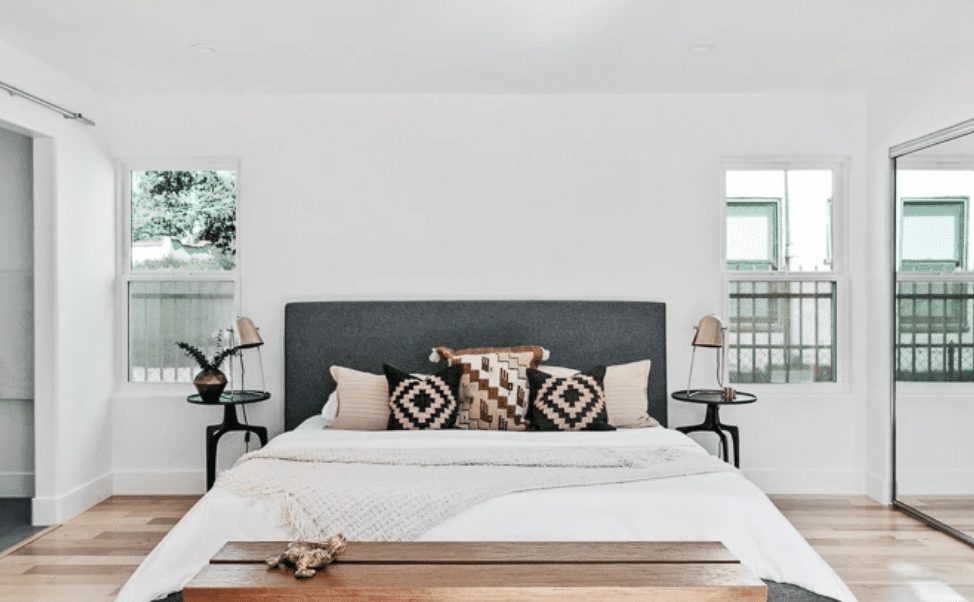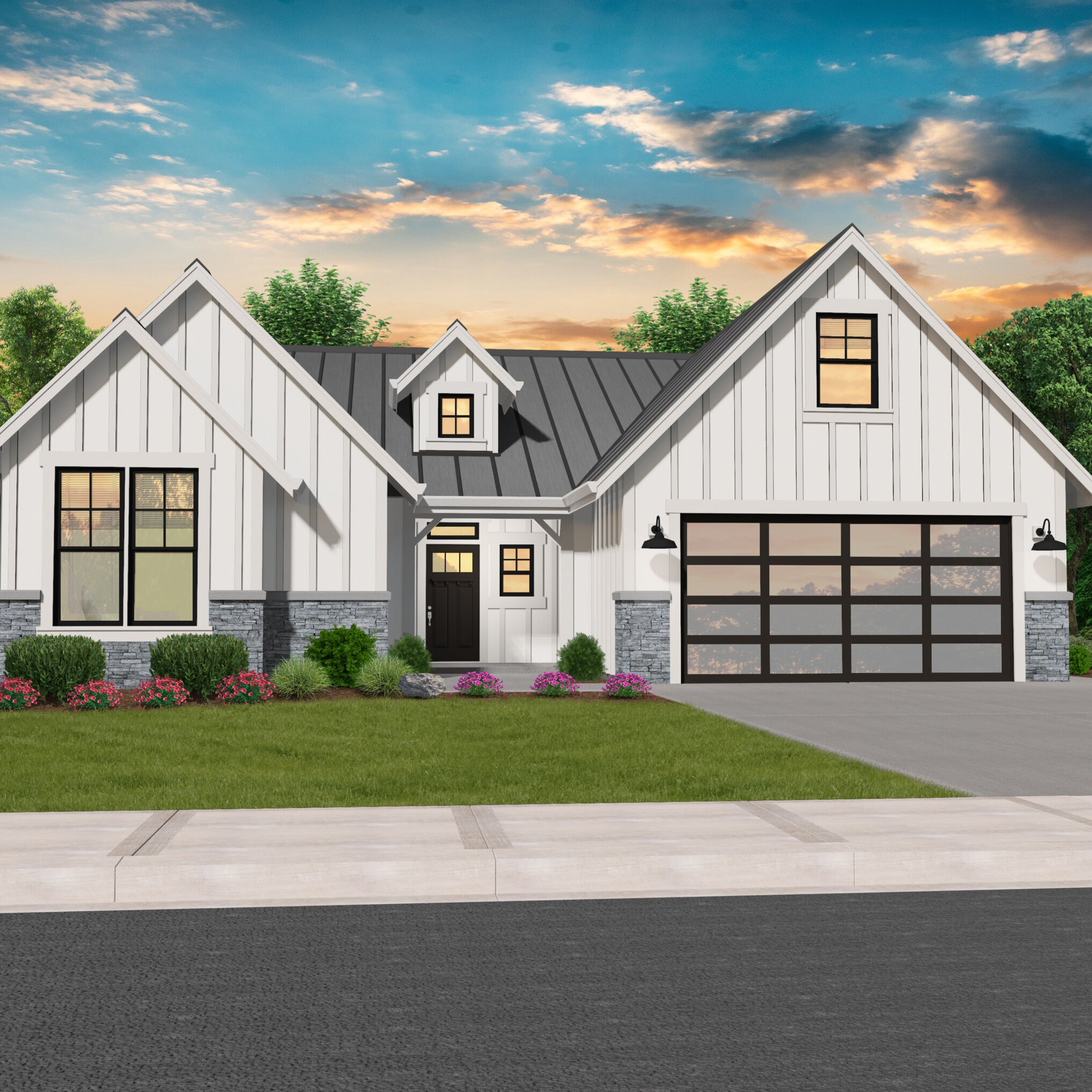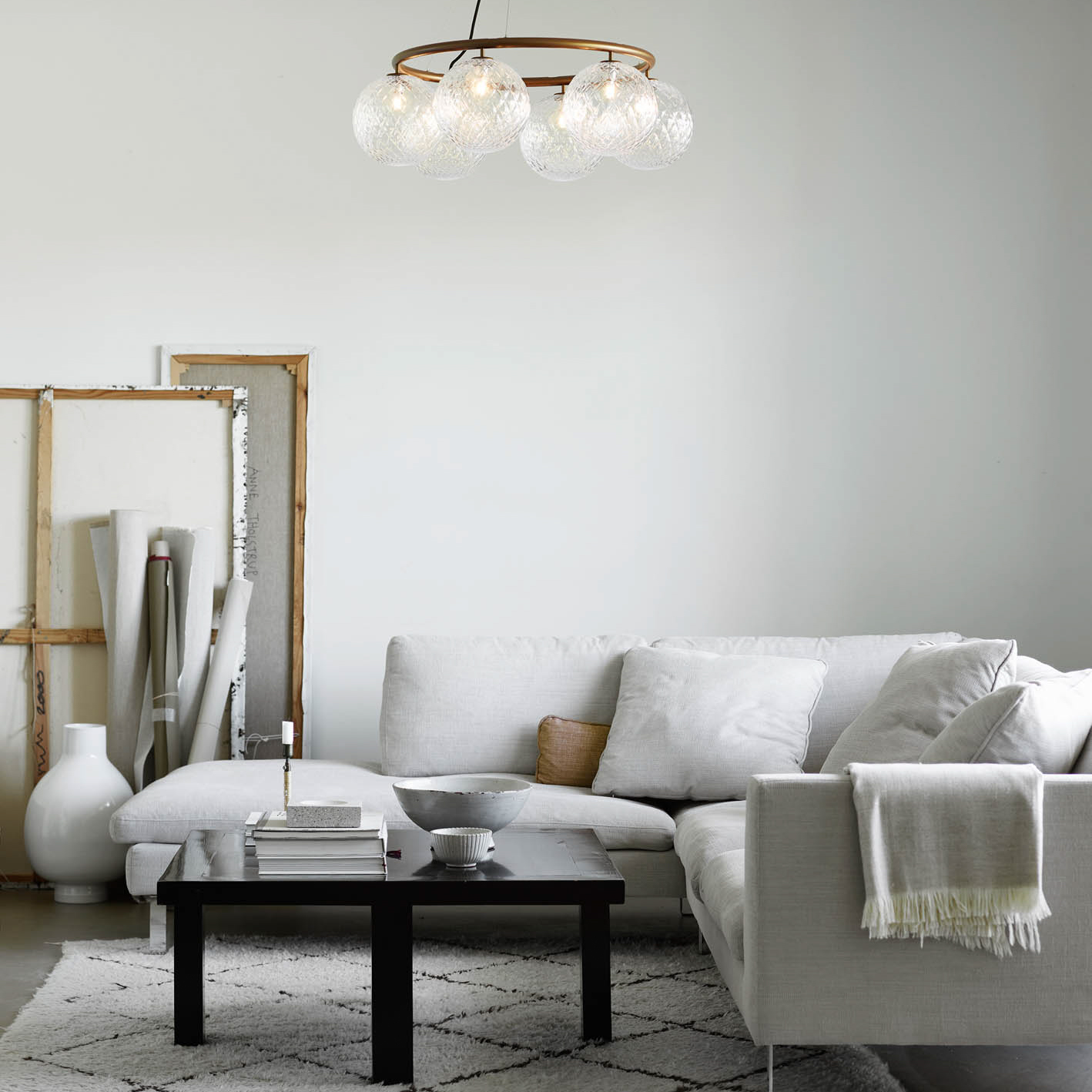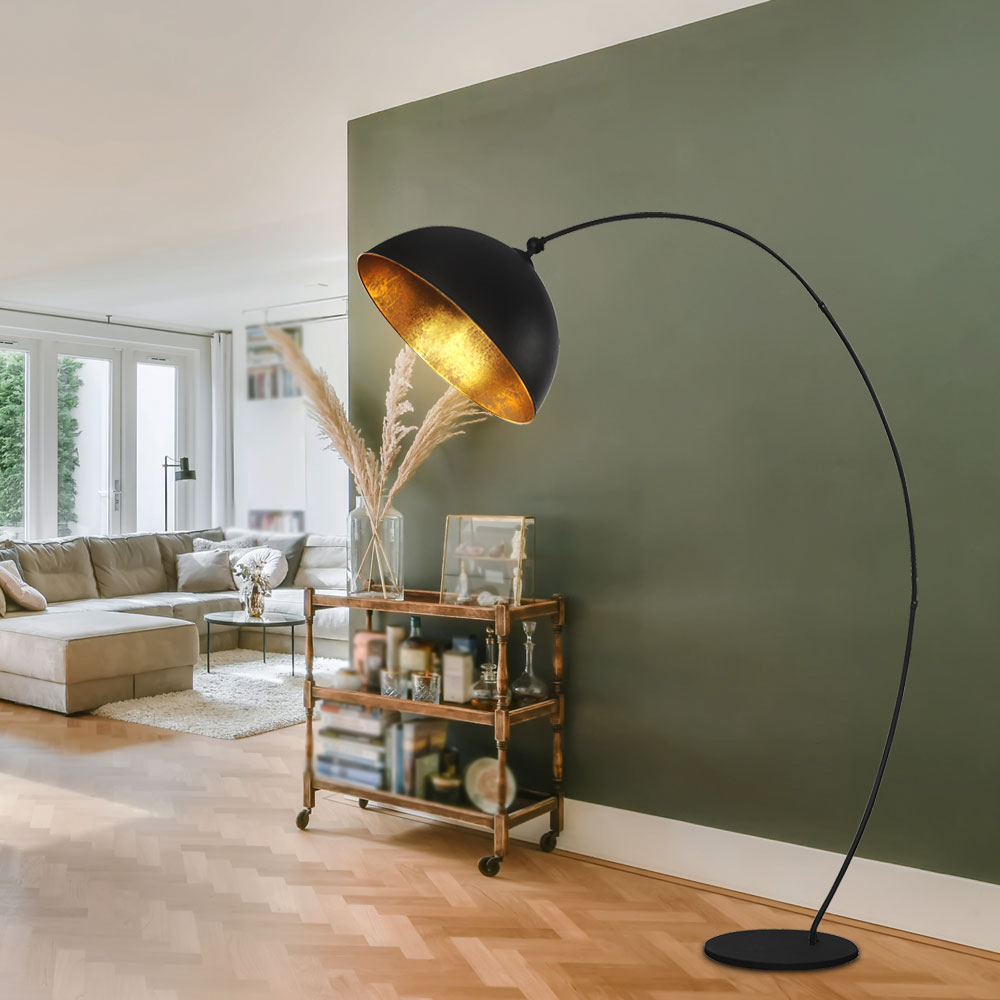Introduction
Lighting is an essential aspect of everyday life, both for practical reasons and aesthetics. A well-lit room can enhance our mood and increase productivity, while poor lighting can lead to eye strain and negative emotions. In recent years, lighting technology has dramatically evolved, giving rise to new trends and techniques in both residential and commercial spaces. In this article, we will explore the latest trends and techniques in lighting and how they can benefit your home or business.
The Latest Lighting Trends
1. Smart Lighting Systems
Smart lighting systems are becoming increasingly popular in homes and commercial spaces. These systems allow you to control your lights with your phone, voice, or through automated schedules, making it easier to save energy and adjust your lighting to your preferences. Many smart lighting systems also offer color changing options, which allow you to create mood-enhancing lighting scenes for different occasions.
2. Colored Lighting
Colored lighting is no longer just for parties and events. It is becoming a popular trend in residential and commercial spaces as an alternative to traditional white lighting. Colored lighting can add ambiance and style to a room, and it is also proven to have positive effects on mood and energy levels.
3. Minimalist Lighting Design
Minimalist lighting design is all about simplicity and functionality. This trend focuses on using concise, geometric fixtures that blend into the space seamlessly. Minimalist lighting is perfect for those who prefer a clean, contemporary look and want to avoid clutter and ornate features in their lighting design.
The Latest Lighting Techniques
1. Layered Lighting
Layered lighting is a technique that involves using different types of lighting, such as ambient, task, and accent lighting, to create a well-lit and balanced room. This technique adds depth and dimension to a space by highlighting specific areas and objects, while still maintaining a comfortable and functional overall lighting scheme.
2. Integrated Lighting
Integrated lighting involves seamlessly integrating the lighting into the architecture and design of a space, rather than adding separate fixtures. This technique is often used in modern and minimalist designs to create a sleek and cohesive look. Integrated lighting can also increase energy efficiency by eliminating excess light sources.
3. Dimming and Adjusting
Dimming and adjusting the lighting in a space is a simple yet effective technique for creating a comfortable and adaptable lighting environment. This technique allows you to easily adjust the light levels to fit your mood or activities, such as dimming the lighting for a movie night or increasing the brightness for a work session.




